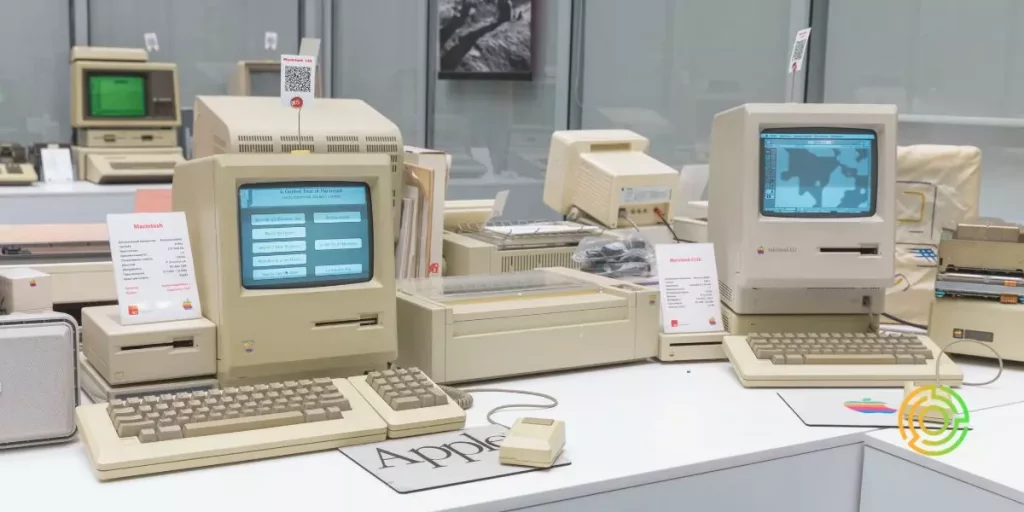It seems like big corporations are always on the winning side of things. There is a never-ending cycle of big businesses merging to put all their eggs in one basket, hoping it allows CEOs to buy their 18th house. But these deals aren’t always sunshine and rainbows, as the most disappointing tech mergers and acquisitions showcase.
AOL and Time Warner
When two of the largest corporations in the world agreed to become one, it felt like world domination was the next logical step. Everyone thought that was on the horizon for AOL and Time Warner when they joined forces in 2000.
At the time, you could think of Time Warner as Succession’s Waystar, while AOL was like GOJO. The two never really found common ground with each other, resulting in a nearly $100 billion loss. With thousands of jobs and boatloads of cash, Time Warner cut ties with AOL. The valuation of each company is microscopic compared to what they were at their peaks entering the new millennium.
Skype and eBay
One of the internet’s first phenomena, eBay, is still going strong thanks to boomers everywhere. However, eBay has not gotten away with things scot-free, as their merger with Skype proved. The online auction hotspot liked the idea of having video calls available between buyers. Unfortunately for them, those using the site wanted nothing to do with that technology. Skype and eBay called it quits after four years, selling it to other investors for nearly $2 billion. But it was not until Microsoft bought Skype for $8.5 billion that the video calling company hit paydirt.
Terra and Lycos
Before we used Chromebooks in the school library to find answers, other search engines sat on top of the throne. The odds are anyone under 25 has never heard of Lycos, but it was once the number one search engine and one of the most-visited websites globally.
A Spanish telecommunications company, Terra, saw the potential in the search engine business modeling, purchasing Lycos for $12.5 billion. As luck would have it, the dot-com bubble burst almost instantaneously after the two companies made the deal. Lycos went by way of AskJeeves, AltaVista, and Excite—a distant memory of a year’s past.
Sprint and Nextel
The mobile phone industry was taking over as the most common form of communication by the year 2000. Traditional landline carriers such as Sprint were desperate to hitch their wagon to one of the coming-of-age mobile companies, agreeing to a mammoth $36 billion deal with Nextel.
The idea was for the two companies to join forces and reach the same level as AT&T and Verizon. That idea was wrong because of poor technological advances and squabbles from the higher-ups.
After four years of being on a rocky rollercoaster, Nextel was out of there after losing billions of dollars and numerous jobs.
News Corp and Myspace
Myspace was taking the digital era by storm, allowing younger people to connect worldwide. Finding new friends with a layout of their favorite musical acts was a nice way to connect, so Rupert Murdoch wanted to get a piece of Tom’s masterpiece.
Sadly, MySpace remained stagnant for Murdoch, refusing to innovate and improve its product. Because of this, Zuckerberg and the folks at Facebook conquered the social media landscape, phasing Myspace out with a whimper.
The most disappointing tech mergers and acquisitions prove that even the richest and smartest people in the world can make some bad moves. It takes poor timing and cultural differences to sink a multi-billion-dollar enterprise.
Follow us on our social networks and keep up to date with everything that happens in the Metaverse!
Twitter Linkedin Facebook Telegram Instagram Google News Amazon Store
